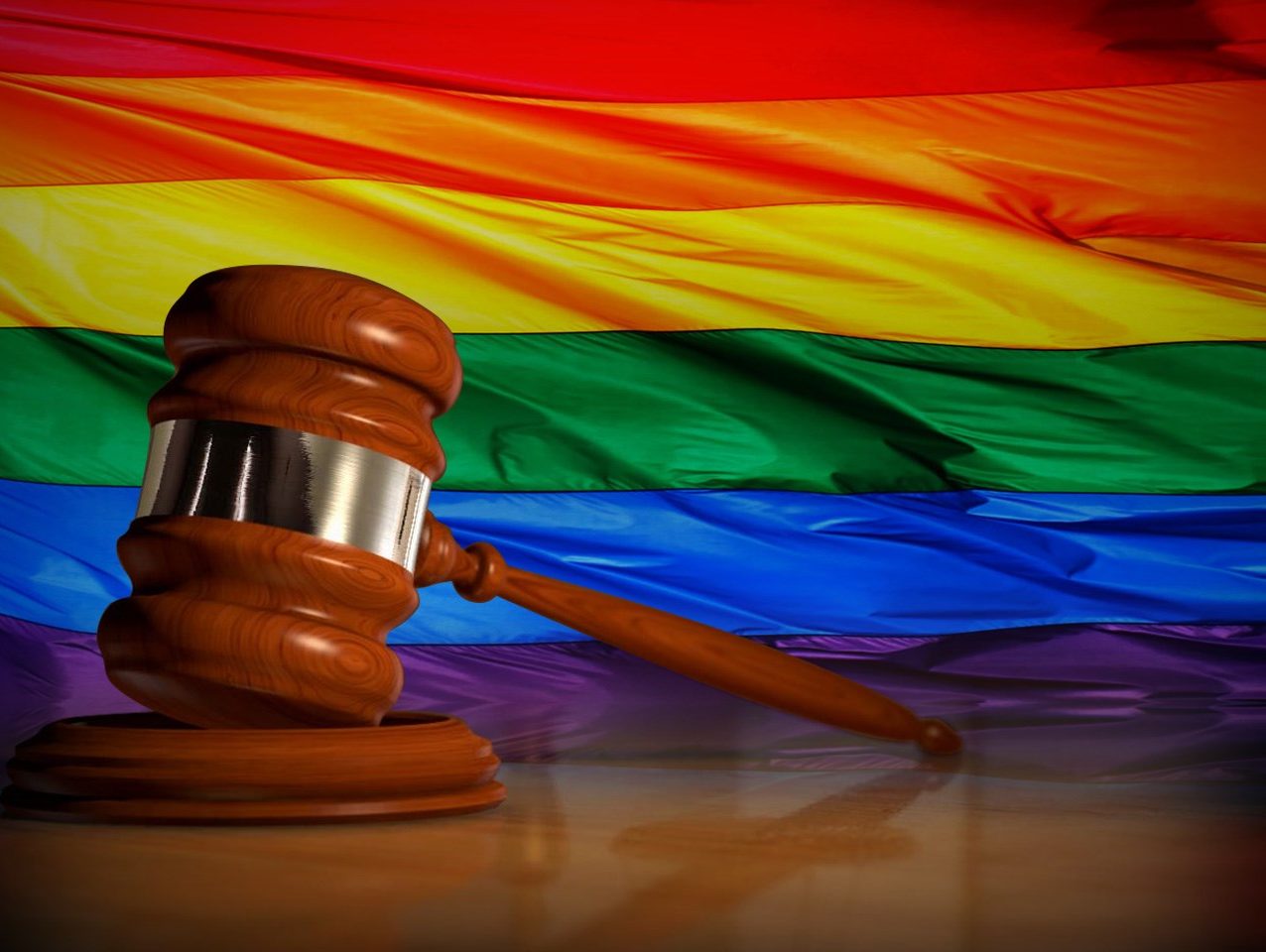
On Monday April 22, 2019, the Supreme Court of the United States has agreed to hear three cases which seek rulings on whether sexual orientation, transgender status, and transitioning status are protected under Title VII of the Civil Rights Act after years of courts and government agencies taking conflicting positions on this landmark issue. The








